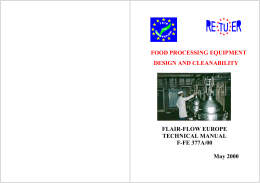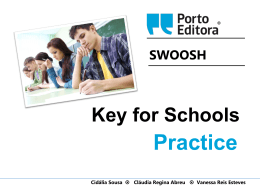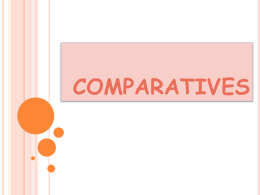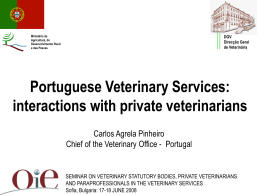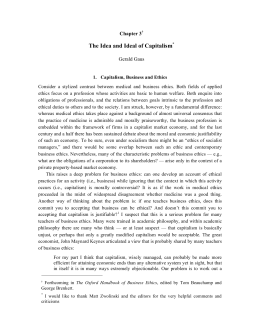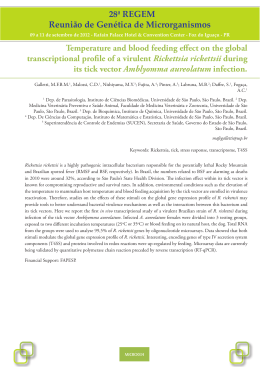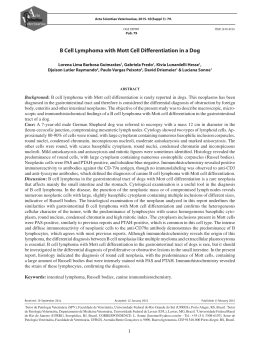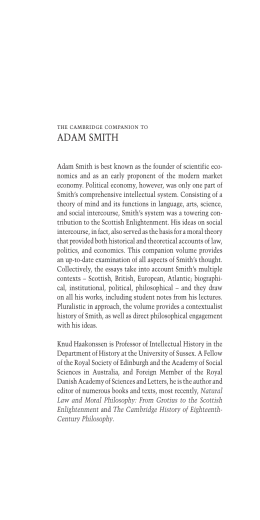UNIVERSIDADE DE LISBOA Faculdade de Medicina Veterinária FOOD HYGIENE AND SAFETY rd Study Programme: MIMV Curricular Year: 3 nd Semester: 2 Compulsory Credits: 4.5 ECTS Lecturer(s): António Salvador Barreto (CCP), Marília Catarina Ferreira (R) 1. Contact hours: Lectures - 26 hours Praticals - 26 hours Total – 52 hours 2. Objectives: The knowledge of the basic concepts of production hygiene, aiming the fulfil of animal welfare. On the other hand, the students should be able to cooperate in the elaboration of proactive systems for quality assurance. 3. Programme: Theoretic - Hygiene concept. General elements of animal hygiene. Hygienic design of equipment. Methods and techniques of veterinary hygiene. Pest control.Personal hygiene. Water and waste waters. Methods of treatment. Control of environmental pollution. Biofilms in food industry. Evolution of Veterinary Hygiene – bioassurance and food quality and assurance. Hygiene and work safety. Food Safety. Risk assessment. Reactive and pro-active systems in food quality. Sampling rules. Good Practices Codes. Traceability. Integrated systems of quality assurance. The HACCP system. Plans of autocontrol. Integration of quality management systems. Plan for approbation and control of hygienic quality – PACE. The SAFE system. Label and consumer. Practical - Microbiological analysis. Personal and environmental hygiene. Water analysis. Cleaning and sanitation of plants and equipment. Hygiene and safety in work. Risk assessment models. Proactive methods for Quality Assurance. 4. Bibliography: Blackburn, C.W. & McClure, P.J. (2002). Foodborne Pathogens. Hazards, Risk Analysis and Control Processing. Woodhead Publishing Limited, Abington Hall, Cambridge, UK. Brown, M. & Stringer, M. (2002). Microbiological Risk Assessment in Food Processing. Woodhead Publishing Limited, Abington Hall, Cambridge, UK. Gould, W.A. (1994). Current Good Manufacturing Practices Food Plant Sanitation (2ª ed.). CTI Publications Inc., Baltimore, U.S.A. Lelieveld, H. & Mostert, T. (2003). Hygiene in Food Processing: Principles and Practice. Wooddhead Pub. Inc Abington, Cambridge, U.K. Mortimore, S. & Wallace, C. (1997). HACCP a Practical Approach. Practical Approaches to Food Control and Food Quality Series. The Royal Institute of Public Health and Hygiene, London, U.K. Sprenger, R.A. (1993). Hygiene for Management. Highfield Publications, London. Vries, J. (1997). Food Safety and Toxicity. CRC Press, Inc., Boca Raton, Florida, U.S.A Applicable legislation. 5. Assessment: The students’ knowledge is evaluated weekly with little tests about practical matters (30%) and with a written final examination about theoretical subjects (70%).
Download
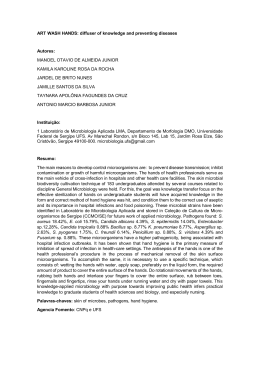
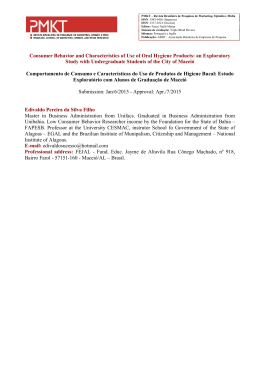
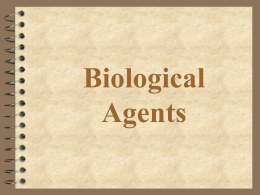
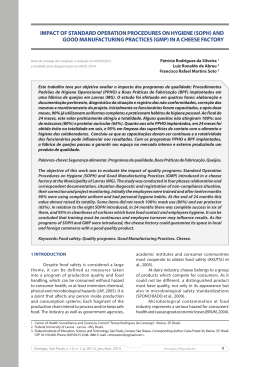
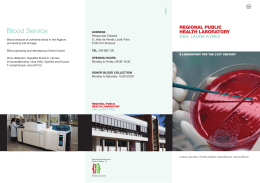
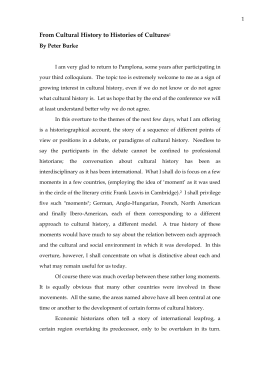
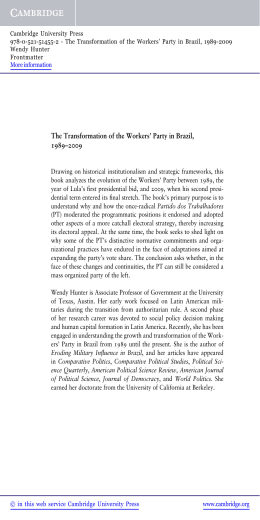
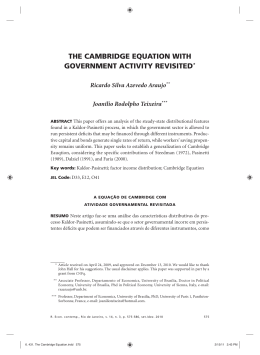
![[Click here and type address] - European University Association](http://s1.livrozilla.com/store/data/000319939_1-1e6344019465b6cc594e7f03196732a2-260x520.png)
